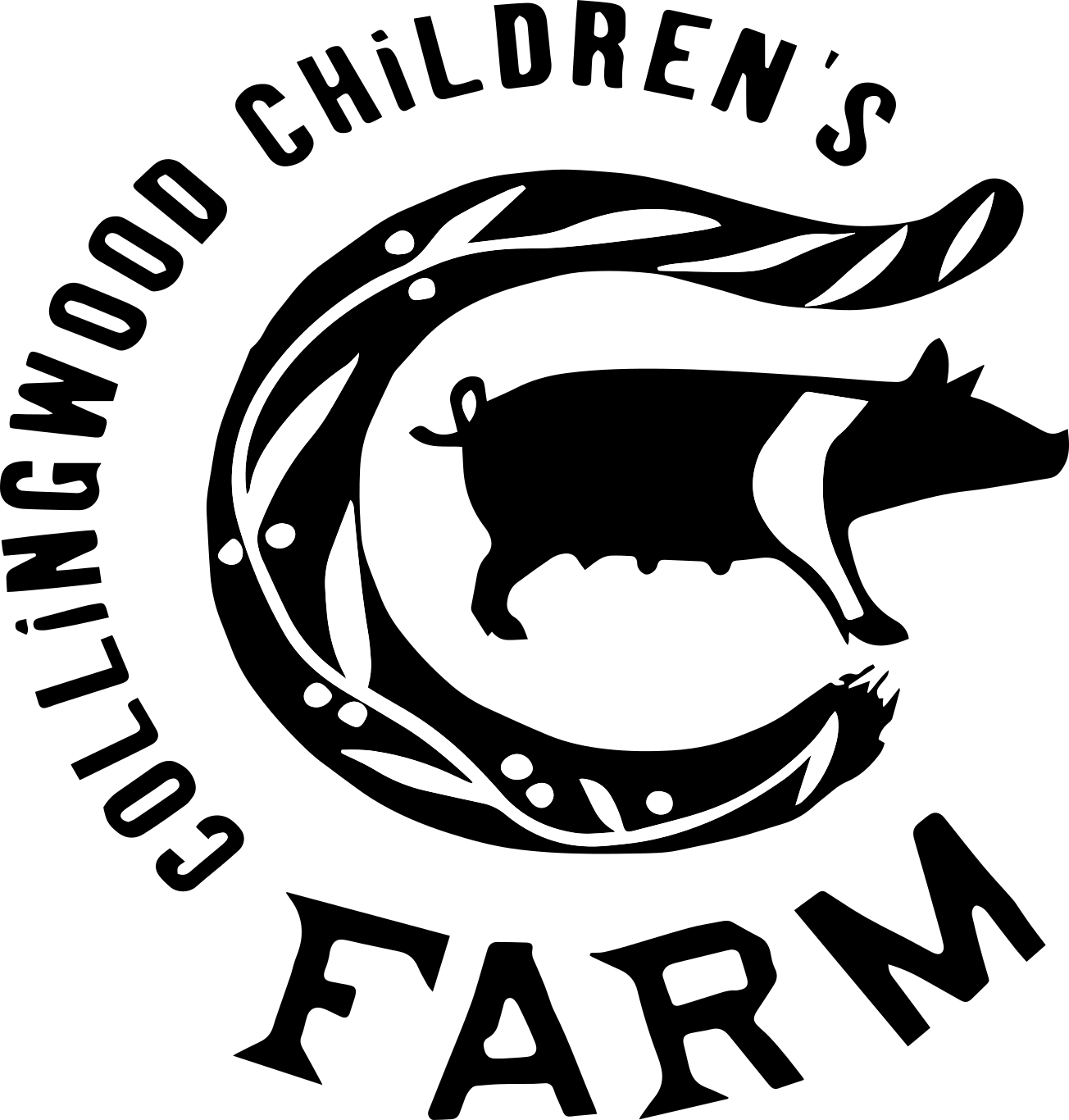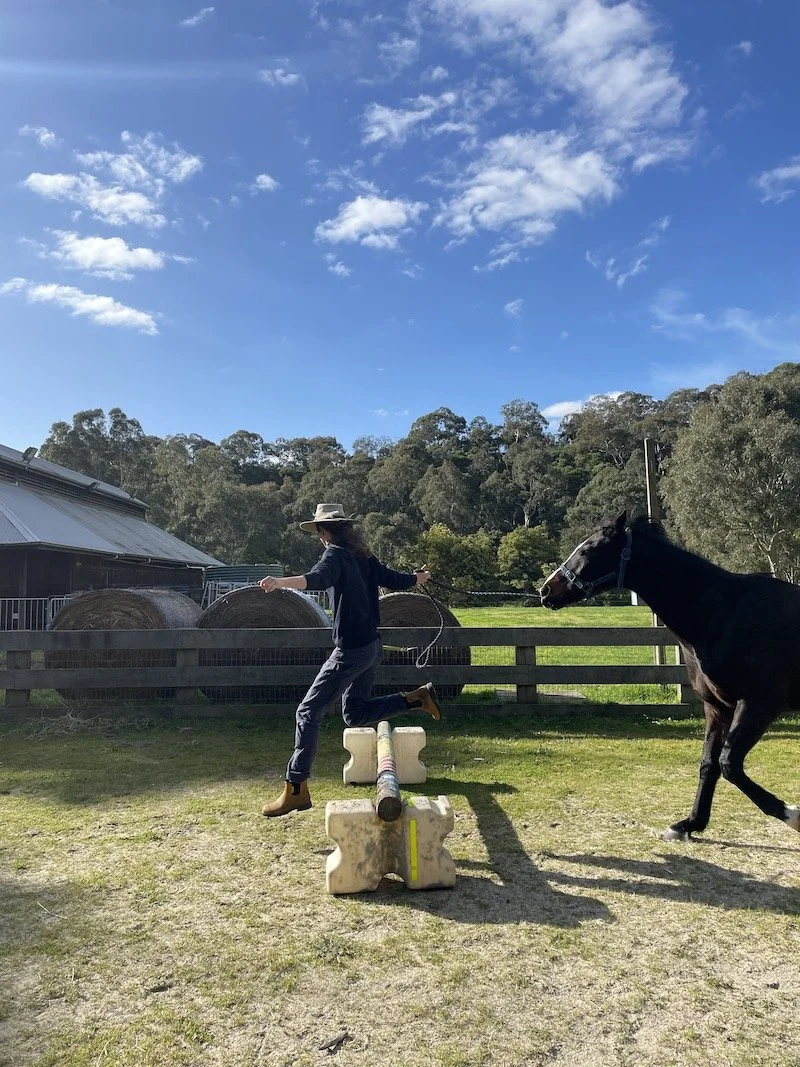Animal Husbandry
Our dedicated Animal Husbandry team work hard to keep approximately 250 animals happy and healthy at CCF.
We have all your classic farm animals, as well as some fancy peafowl! We support interaction and engagement with all of our animals through daily activities and we love to help you have your moment with the animals in the safest and best way possible.
We strike a balance between our existence as a working farm and our purpose as an educational and inspirational community hub. Looking after the heritage of the longest continually farmed piece of land in Victoria is serious business, and so much goes on behind the scenes to support this. The Animal Husbandry team takes special care to adhere to regenerative agricultural practices and a focus on animal welfare. We are the only public-facing, urban production farm.
The Animal Husbandry team provides passive and active education about sustainable agricultural practices, rare breeds, our connection to food and our relationship to animals and the environment.
Chickens for Sale
Are you looking to add some chickens to your family? We’re selling some of our laying hens to make way for the next generation of chooks.
If you’re interested in adding some clucky hens to your backyard, please fill out the Expression of Interest form below and a member of the Animal Husbandry team will be in contact.
Please note that we only sell our hens in groups of two or more to make settling into their new home easier.
Price: We have a sliding scale available, starting at $15 each (minimum order of 2 chickens). Pricing dependent on breed and age. Add a note on the form below and we will try to work within your nominated budget!
What to bring: BYO a box or carrier to cart your chickens back home in.
Terms & Conditions
You must read the information under ‘All you need to know to be the best chicken parent’.
It is your responsibility to be aware of council regulations regarding keeping of poultry.
Returns will only be accepted in the case of pet illness within the first two weeks, not change of mind.
Collection will be from Collingwood Children’s Farm, only at a confirmed time provided by the team via email.
All you need to know to be the best chicken parent
-
These chickens were born in May 2022.
-
Chickens need a secure area to be locked away at night to keep them safe. Foxes are a big concern in our urban areas, so having a coop that can’t be infiltrated by predators is very important.
Nesting boxes are also important because they provide your hens with a darker, private area for them to lay their eggs in, and makes it easier for you to collect them when they’re all in one place!
-
These chickens have been eating Red Hen 17, a premium chicken feed. Any feed designed for laying hens is appropriate, but be aware that a lower protein feed will most likely result in a decreased egg yield.
Chickens will love a lot of your kitchen scraps as well, but be aware that there are some foods they cannot eat. Google is a great resource to quickly check if a food is appropriate for your new feathered friends.
-
This breed of chicken is known for laying a lot of eggs, so a calcium supplement is recommended to help them build up their shells.
Shell grit is ground up seashells that chickens will eat when they need an extra boost of calcium and is available at most major pet stores that have a bird aisle.
Being a prey species, chickens are very good at hiding illness. If your new pet falls ill within two weeks of purchase you are welcome to bring her back in for evaluation by one of our Animal Husbandry staff members, or for a return and refund.
Email reception@farm.org.au to organise a suitable time to consult with our staff.

Complete the form below to register your interest in owning some chooks!
Interactive Friends
Our Animal Husbandry team make sure that there are plenty of opportunities for you to meet and engage with our animals!
We run a rotating roster of daily activities that allow visitors to get up close and personal with small and large animals.
We also run additional activities that are dependent on staffing, animal needs and the weather. Make sure to check the Activity Board when you arrive for a full list of activities.
Please remember that animals don't always keep to a schedule! We may need to alter an activity at short notice to accommodate for an animal’s health and wellbeing.
Donate a guinea pig
Looking to rehome your guinea pig? We’d love to hear from you!
While we consider each application carefully, we can't promise that we can take them on because not every guinea pig will fit into our muddle or the lifestyle at the Farm.
We're especially interested in guinea pigs with friendly temperaments who enjoy spending time with children and adults — our guineas are social!
Please consider that a rescue shelter may still be the best option for your guinea pigs, since they have more resources than CCF and even with professional training and support, some guinea pigs are best suited to living with a family.
You’re welcome to contact the Animal Husbandry team via the application form below for more info on what makes a guinea pig suitable to live and work at CCF.
Terms & Conditions
Please consider the impact adoption will have on yourself and your family. All adoptions are final. Once a guinea pig is adopted, it becomes the property of CCF and will be treated equally alongside our other animals.
All applicants must come with a desexing certificate.

Our Animals
Rare and Heritage Breeds
We are home to some rare and heritage animal breeds at the Farm, in fact they’re often both! What is the difference?
Heritage farm animals have been bred for a long time by farmers and are now considered a traditional breed.
Rare farm animals are just that! There are fewer available because they are not bred for commercial use.
Our Animal Husbandry team prioritise breeding rare and heritage animals so that our visitors can learn about the lifecycle of farm animals. At the same time, we’re helping the farming community maintain a wider range of genetics that would otherwise become extinct.
You can meet the following rare breeds at the Farm:
Anglo Nubian goats
Shropshire and English Leicester sheep
Ayrshire and Dairy Shorthorn cattle
Large Black and Berkshire pigs.
Animals Big and Small
In addition to our rare and heritage breeds, there are many animals to meet at the Farm:
ponies and horses
chickens, ducks and geese
peafowl
guinea pigs
cats.

Our Approach to Animal Husbandry
Regenerative Agriculture
We have a gold-class standard of animal welfare, above and beyond industry standards.
We take a regenerative agricultural approach to farming, meaning that we prioritise the wellbeing of the animals and land above all else. This is how we’re able to home so many animals on only 10 acres of farmland.
How do we do this?
We divide our paddocks into smaller sections and move the animals slowly through each section allowing us to care for
the land as well as our animals. This process is called cell or rotational grazing.
Life After CCF
Some of our animals stay at the Farm for their entire lives and some must move on when they outgrow Collingwood Children’s Farm. Our animals go to domestic homes, hobby farms, breeders, or into food production. It is important that people are aware of where their food comes from and that we continue to represent the agricultural industry through these practices.
Unable to care for an animal?
Please do not abandon your animal at the Farm! It’s only in rare and exceptional circumstances that we can we take in animals, and this is only through the appropriate channels.
Collingwood Children’s Farm is not a rescue shelter and cannot accept or properly care for abandoned animals. Our priority is the health and wellbeing of our farm animals.
We understand that being unable to care for a pet is extremely stressful, so please contact your local vet or council to discuss available options in your area.






